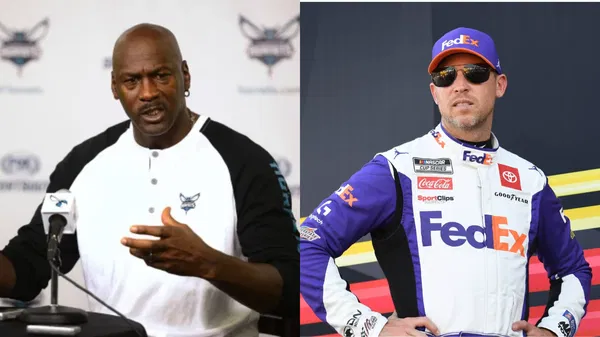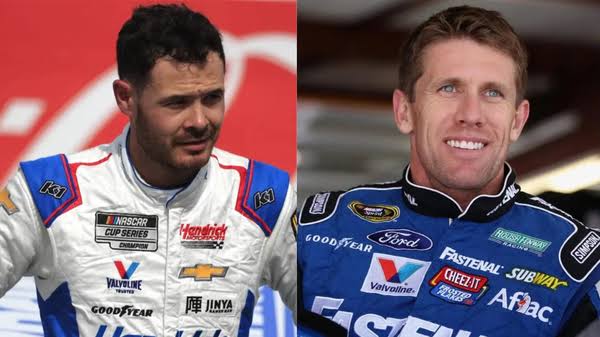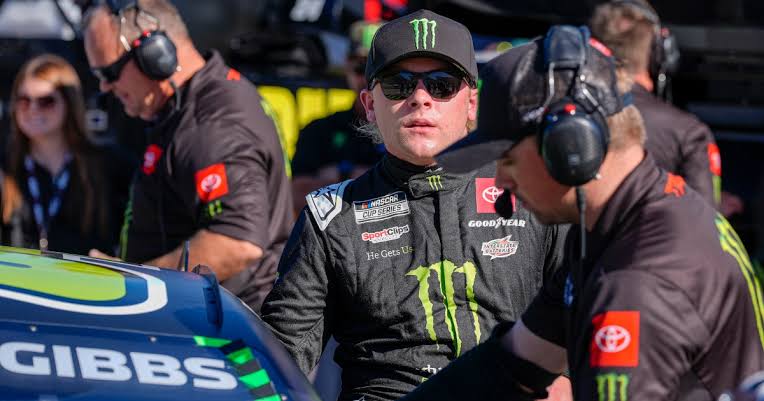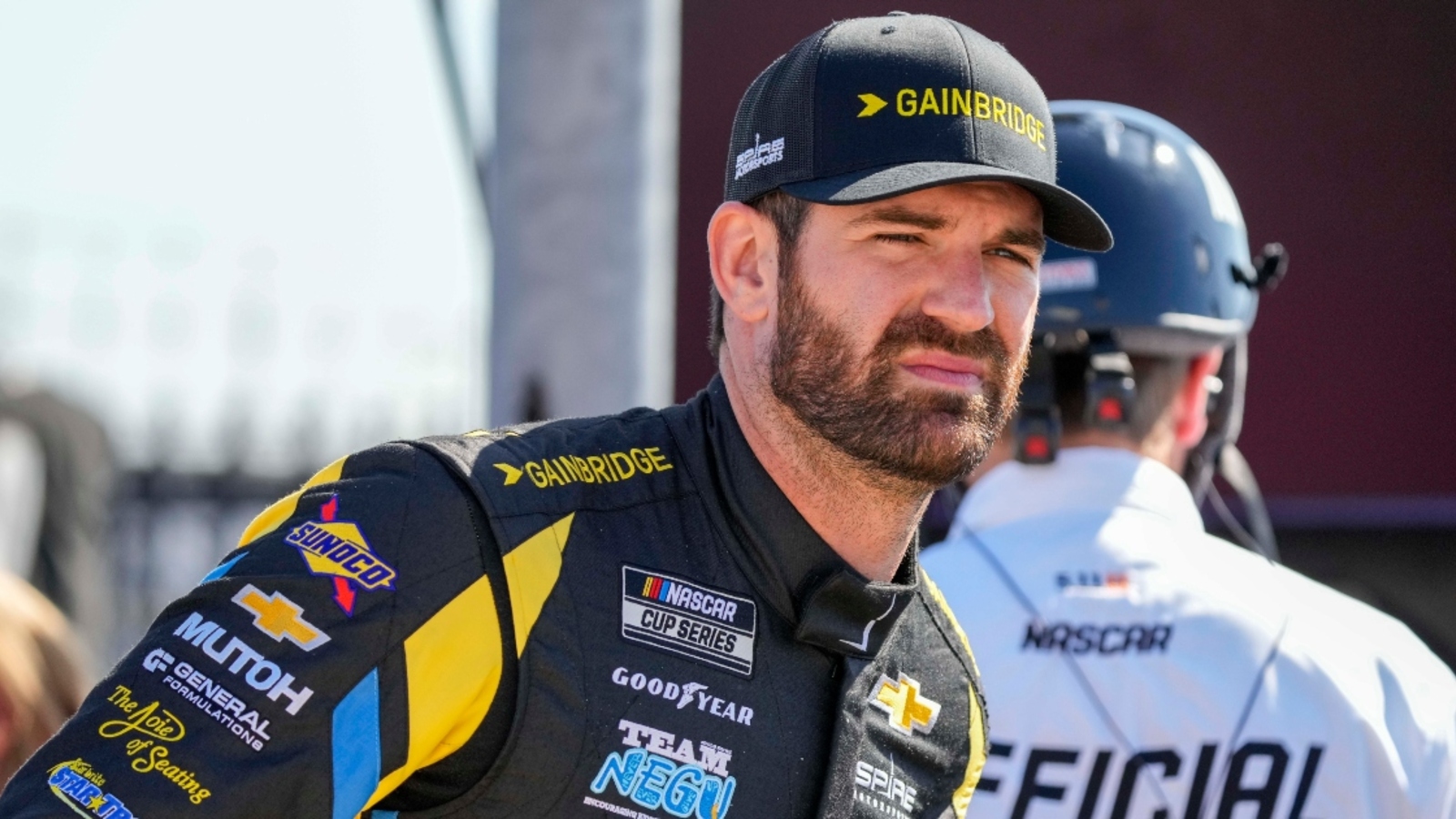The 23XI Racing team, co-owned by NBA icon Michael Jordan and NASCAR veteran Denny Hamlin, has become a key player in the ongoing charter debate within NASCAR. They are pushing for a larger share of the revenue split, permanent charters for stability, a role in governance discussions, and a cut from business deals that utilize team or driver likenesses—such as the popular Netflix docuseries. However, NASCAR has not fully addressed these requests, leading 23XI to decline signing the new charter.
In a letter sent to NASCAR before the playoffs began, 23XI expressed that their affiliation with Toyota would not extend the charter. This stance has remained firm, with only two out of thirteen teams agreeing to the new charter. Alongside 23XI, Front Row Motorsports has also voiced its opposition. The implications of not signing the charter remain unclear, but NASCAR insiders have speculated on potential consequences.
In their statement, 23XI highlighted their commitment to addressing the issues with NASCAR, emphasizing their desire for constructive dialogue that would enhance the sport. They remain dedicated to competing at high levels while advocating for fair governance practices in NASCAR.
Curtis Polk, Jordan’s business manager, has criticized NASCAR, alleging predatory practices and indicating that they represent a “David vs. Goliath” scenario where NASCAR wields overwhelming influence over the charter process. Given that most teams have already signed the charter, it’s uncertain if NASCAR will consider the demands of just two teams. The repercussions for non-signers are still speculative, as noted by motorsport analyst Bob Pockrass on X.
He indicated that the future of the charters for 23XI and Front Row Motorsports is undetermined. If they choose not to sign, NASCAR’s response could involve selling their charters or holding them in limbo. Operating as open car teams would yield significantly lower payouts, less than a third of what chartered teams receive. Since the introduction of the charter system in 2016, the number of charters has been capped at 36, while the total field size has been reduced to 40 cars, leaving the rest as open entries.
The financial implications for non-chartered teams are stark. Reports from the Sports Business Journal indicated that in 2016, the total payout pool for teams was under $228 million, with chartered teams receiving the lion’s share. This system was designed to incentivize new ownership and investment in the sport, which complicates the notion of 23XI accepting a non-chartered status.
Meanwhile, NASCAR’s recent signing of a substantial television rights deal worth approximately $7.7 billion, covering the years 2025 to 2031, has heightened tensions among teams. This agreement includes networks like FOX, NBC, Amazon, and TNT Sports, and has sparked demands for a larger share of the revenue. Historically, teams have received 25 percent of TV revenue through the race purse, while NASCAR retained 10 percent and tracks took 65 percent.
The new charter proposal offers guarantees such as a starting spot in races and certain revenue streams, expected to increase with the new media rights deal. Although specific terms of the new charter have not been fully disclosed, sources indicate that the annual payment for last-place charter holders will rise from the previous range of $4 to $5 million to around $8.5 million in the upcoming deal.
This new figure falls short of the $18 million that Hamlin suggested would be necessary just to operate a car weekly. Despite the unfavorable terms for some, many teams opted to sign the charter. Some, like Hendrick Motorsports, found the agreement acceptable. Rick Hendrick noted that not everyone was satisfied, but a compromise was necessary, emphasizing the importance of protecting charters and securing revenue increases.
The fate of 23XI and Front Row Motorsports remains uncertain. NASCAR faces the challenging prospect of potentially alienating a team owned by one of the most recognizable figures globally. As the situation unfolds, the implications for the sport and its teams will become clearer. Fans and industry observers are left to ponder the long-term effects of these negotiations on NASCAR’s future and the involvement of high-profile owners like Michael Jordan. What do you think will happen next?
SHOCKING: Will Michael Jordan’s Bold Move Turn NASCAR’s Financial Landscape Upside Down? The Clash That Could Alter Salaries!




